Sustainability has become a fashionable issue nowadays. In the world of ever shrinking resources, we are confronted every day with the question of how we are to deal with raw materials, resources and also human labor. Although sustainability is more commonly associated with our consumption decisions, the term has long been used with respect to human resource policies as well. Many companies rightly see their employees as their most valuable resource, on which their business success is based, and take care of their well-being.
Unlike in classical IT, where technical expertise is continuously in demand, as for example in software development, the handling of data in a company is based on the democratization and self-service principle. Data or, more precisely, business intelligence should ideally combine technical competence and domain knowledge. After the initial setup of the infrastructure and the implementation of technical solutions by a central data team, there is a transition to a hybrid data team with a strong involvement of the business departments. Roles are over-defined in this constellation, with members of the central data team acting more as mentors and data evangelists, and gradually handing over all tasks related to the creation of data analyses and dashboards to the business departments. Over time, business takes over and technical members of the data teams are only involved in the operation and maintenance of the infrastructure and tools. Original tech issues become business issues. Such a decentralization and democratization of data, also called data citizenship, is intentional and is a part of the modern strategy to ensure broad access to data and to transform companies into data-driven organizations.
With many such advantages of this approach for the organization, hardly any employer would be happy to hire professionals with the vision that they will most likely have to be dismissed again after a certain period of time.
Not without significance are such factors as:
- current shortage of data specialists,
- long, cost intensive recruitment processes,
- lack of experience in building well-functioning data teams,
- no internal experts who could verify the candidates’ technical knowledge,
- no pipeline of BI projects to guarantee continuity of employment.
From a business point of view, it makes no sense to hire highly qualified experts whose knowledge is no longer in demand for a long time, not to mention the employee perspective. In such cases, it is worthwhile to have a highly specialized and experienced nearshore partner who can start your data intelligence project at short notice and, after its completion, ensure that its employees can continue to rely on secure employment and continue to gain experience and knowledge working on projects conducted in cooperation with international companies.
Are you planning a BI project and looking for a suitable nearshore partner who will pull in the same direction?
Let us exchange ideas!

























